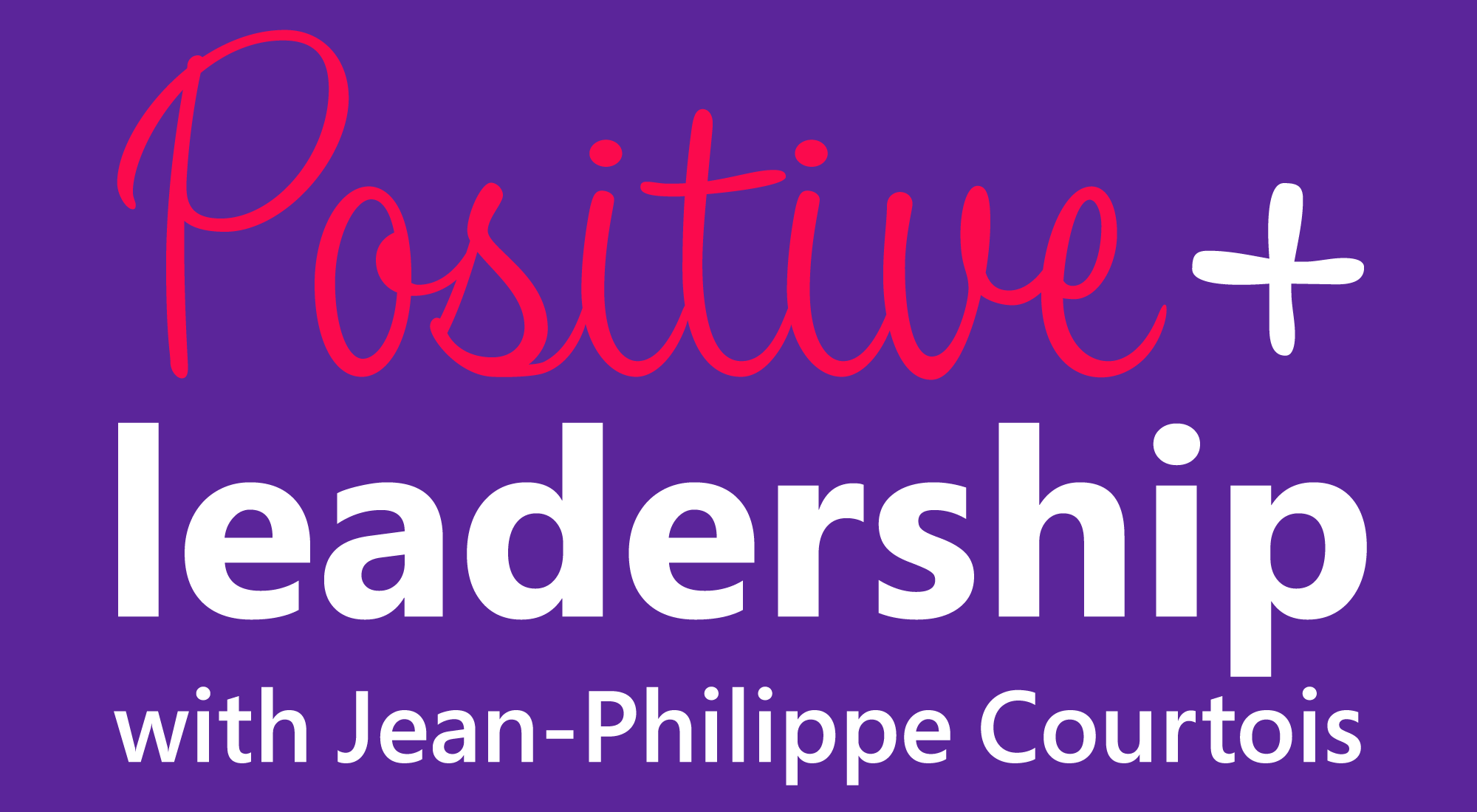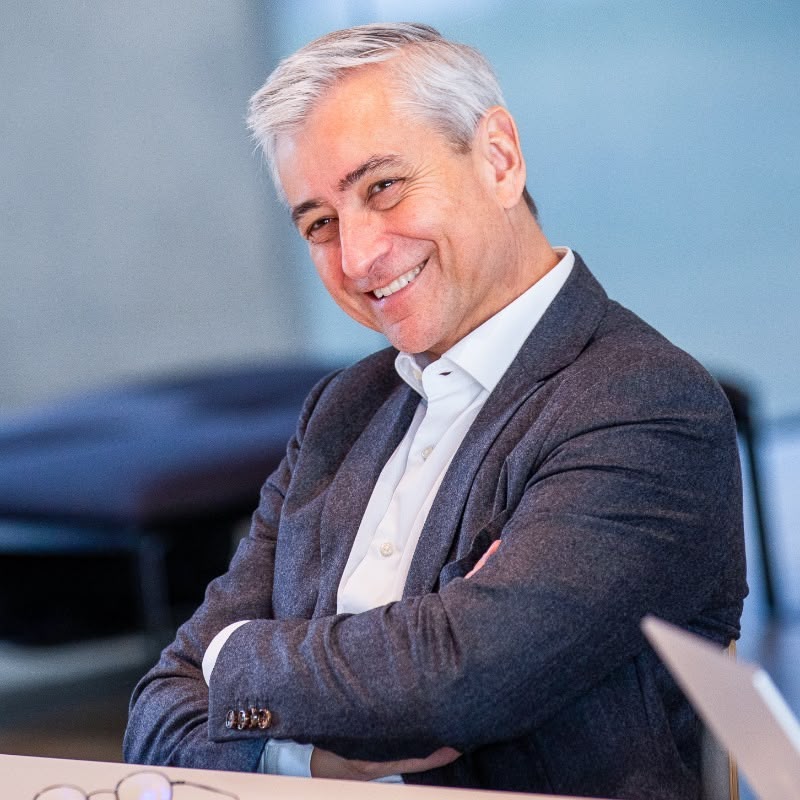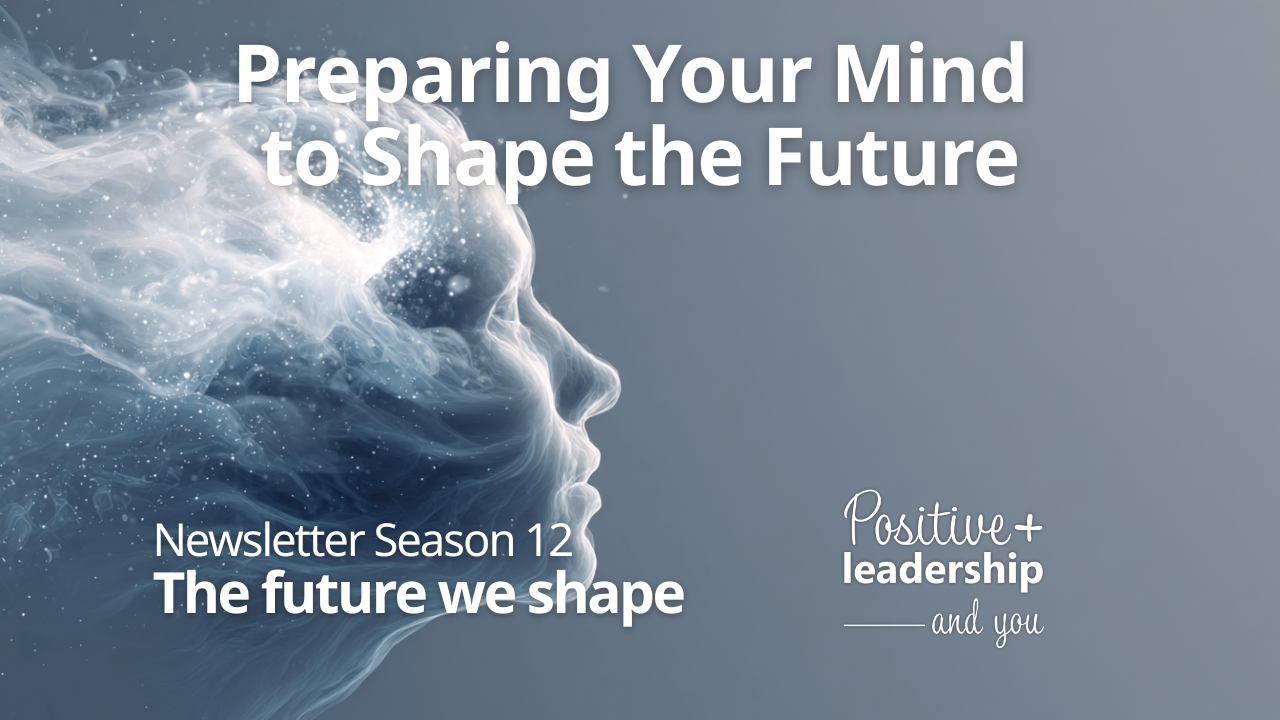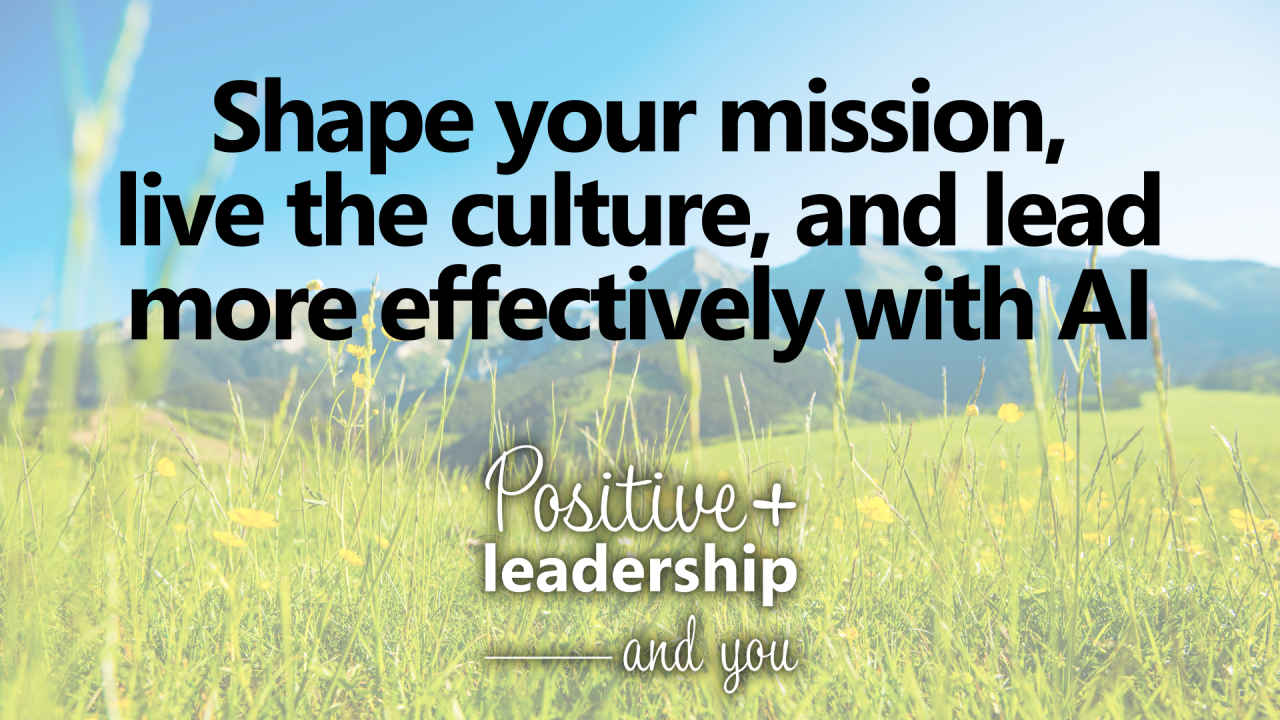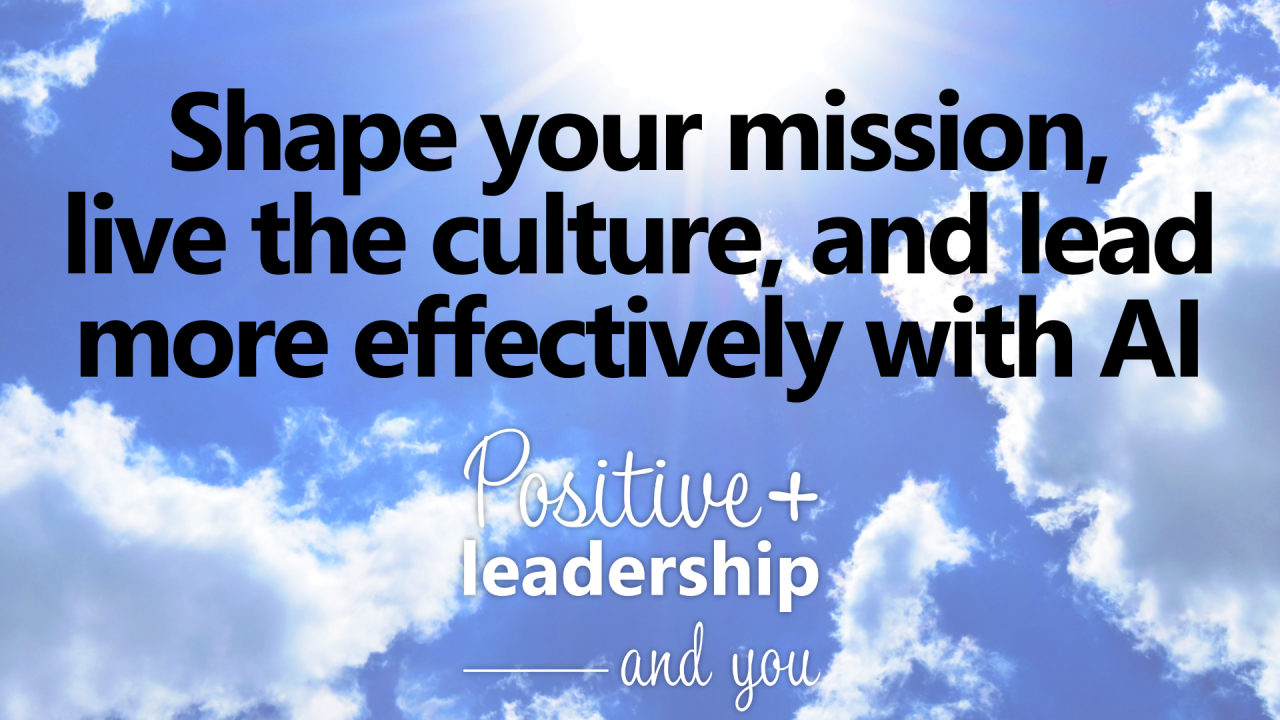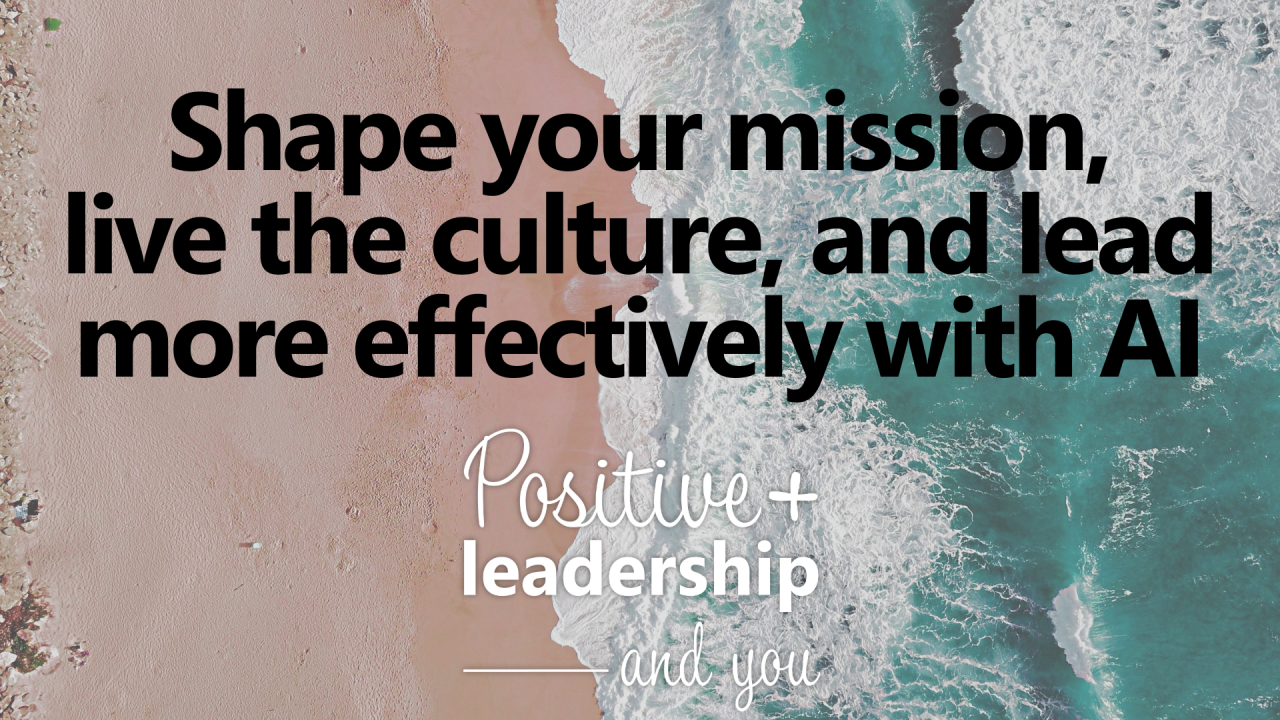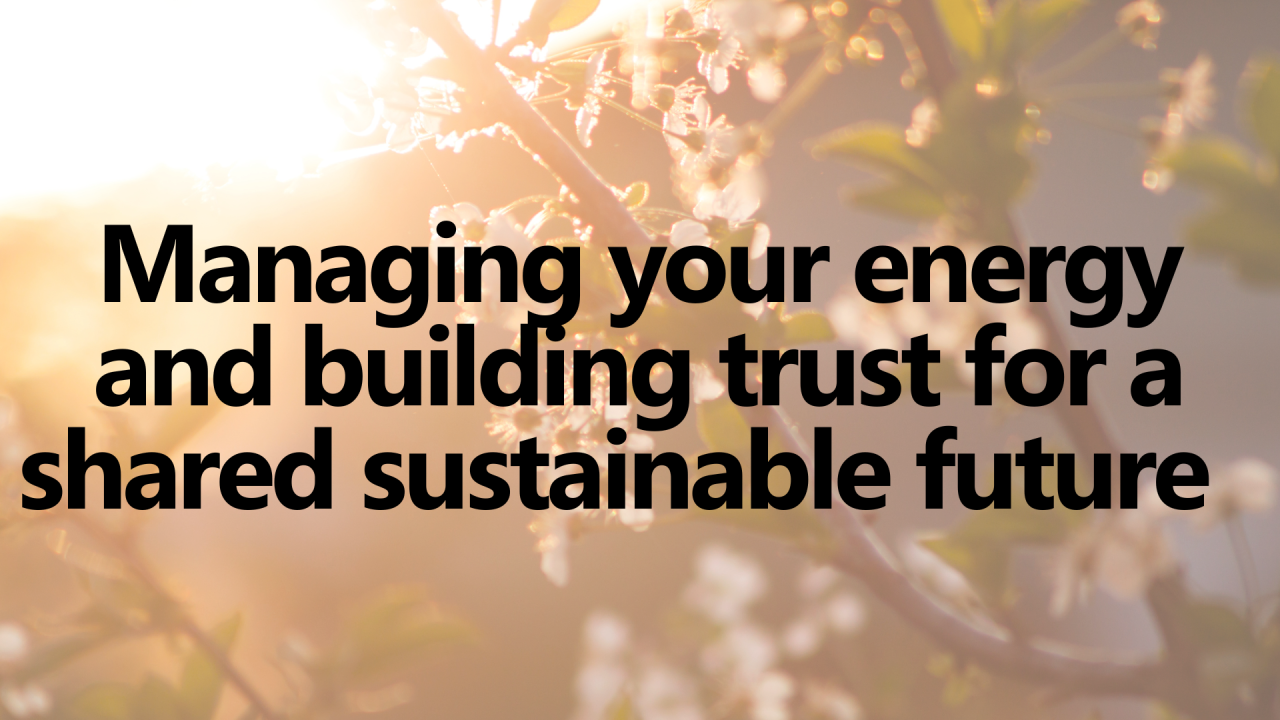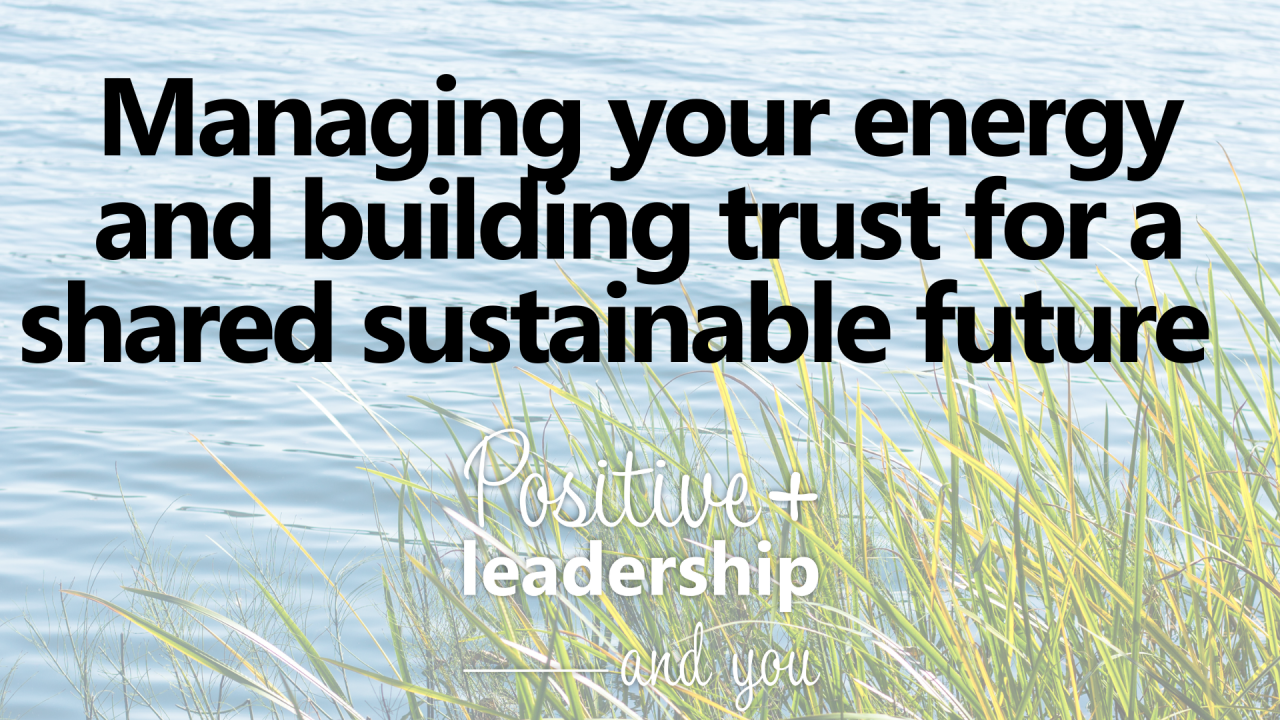29 Mar 23
How Positive Leadership unleashes opportunity

Welcome to the latest edition of my Positive Leadership & You newsletter.
The support for last month’s edition showed how much we all value a culture of care; thank you for sharing your thoughts.
This month, we will explore how to seize opportunities for your personal growth; to empower others and to bring about systems change. I’m also sharing some great insights from my podcast guests to help inspire you.
I am curious – how has a positive mindset opened doors for you and for others? Please share your own experiences in the comments below.
Looking at self-growth, we must ask ourselves if we are aware of the opportunities around us. Are we open to them? Are we in the right frame of mind to say yes to them?
A growth mindset encourages stepping outside of our comfort zone. We must be willing to look beyond what is easy or ‘safe’ and challenge ourselves. This is how to unlock new paths and opportunities. This is how we realize our full potential.
By having a growth mindset, we try new things. Even if we sometimes fail or make mistakes, we take it as a learning that helps expand our point of view, keeping us open to the next opportunity. I like how leading business thinker Whitney Johnson framed this in our podcast conversation last year:
“We have to look at failure as a tool of creation”
When educator Sal Khan joined me on the podcast recently, he agreed:
“A growth mindset is ‘I don't know how good I am at this, and the way I'm going to find out is I keep stepping out of my comfort zone’. I view failure as not a failure. I view it as an opportunity to grow.”
We can’t embrace this growth if our inner voice is telling us ‘you’re not good at this, you’ll never make it’. So how do we stop negative thoughts holding us back? Earlier this month, I had a fascinating discussion with Dr Nadia Medjad . A physician and coach, Nadia makes the science behind emotions and the brain so accessible for developing leadership. She says there are two things we can do:
1. Challenge your inner voice: Negative emotions use up the energy we should be channeling into opportunities. Nadia says we must learn to answer that negative inner voice as if we were our own lawyer, acknowledging the negative comment but advocating for the benefits in a situation. Tell yourself, ‘What if you try and it goes well?’.
2. Get clarity through movement: Negative emotions like anger or fear can be released by putting our body in motion. When you’re dwelling on the downsides, step away from your desk and take a walk or run outside for 10 minutes. When you return, having released your negativity, get a sheet of paper and make two columns: What is within my control? What is outside my control? You will have clarity on where you’re wasting energy on things you can’t control and bring your attention back to what you can.
For French speakers, you can enjoy more of Nadia’s advice in our podcast session. Also check out the conversations I had with Whitney and Sal for great self-growth tips.
Article Embed ContentArticle Embed ContentArticle Embed ContentIt’s important for Positive Leaders to open doors of opportunity for others. As author and educator Akhtar Badshah told me, it is about tapping into your greater purpose by putting yourself in the service of others.
Someone who exemplifies this sense of service, whose purpose is to create prosperity across Africa, is Tony O. Elumelu, C.F.R . Through his Tony Elumelu Foundation, he provides funding, training, and mentoring to around 1,000 aspiring African entrepreneurs every year. He didn’t see his own success as the end goal. Instead, he asked himself ‘What impact am I making?’
In our conversation, Tony explained:
Recommended by LinkedIn
“I said to myself it’s not about how much I have in my bank account… it is about impact. It is about… taking part of the wealth that has been accumulated and sharing it with people in a manner that… creates access to more people, in a manner that helps us to jointly create prosperity.”
This is how Tony puts himself in the service of others, by opening opportunities for a new generation of leaders and innovators. But opportunity comes in many shapes. For another of my podcast guests, Pete Carroll , he opens opportunities for underrepresented people to be seen and heard.
Pete set up an initiative called Amplify Voices, and under this he launched a podcast with Audrey Cavenecia. What really resonated with me is that they start the podcast conversation by asking a simple question: ‘What's on your heart?’ It sets the tone of a safe and positive space where people feel they can truly open up, to share what’s in their hearts and minds. This platform creates a wonderful opportunity for their work, their art, their message – whatever it is they need to share – to be recognized by even more people.
I encourage us all to question what greater impact we are making in the service of others. Are we sharing our good fortune, our knowledge, our platform, our time? Could we help carve a space for others to share their stories? Let’s focus on the impact we can make through our own generosity.
For more inspiration, listen to the podcasts with Akhtar, Tony, and Pete.
Article Embed ContentArticle Embed ContentArticle Embed ContentPositive Leaders are instrumental in scaling positive impact. It’s about finding or creating opportunities for systems change, so we can leave the world a better place. It’s about changing the root cause of a problem, not just the symptoms of it and broadening opportunities for all.
Last April, I hosted Bill Drayton , social entrepreneurship pioneer and founder of Ashoka, on the podcast. If systems change is new to you, Bill’s explanation is helpful: it’s not about giving someone a fish or teaching them how to fish, it’s about revolutionizing the fishing industry.
The ultimate goal of a positive impact entrepreneur is to change the system they work within. This is so the ripple effect impacts the greatest number of people. It’s all about positive change at scale.
At Microsoft, our Entrepreneurship for Positive Impact program follows this principle, seizing opportunities to scale systems-changing solutions, such as ICE Commercial Power . Beyond providing clean energy to Nigeria’s local businesses, ICE upskills young people from the community, changing perceptions about renewable energy at the grassroots level, so the next generation approaches energy use sustainably from the very beginning.
Transformational change like this happens when we shift our thinking about a system or framework that isn’t working for the greater good. It’s about thinking differently so we can introduce new structures that produce better outcomes for everyone. It’s about looking at an issue from different perspectives with all voices considered – from governments and communities to businesses.
In 2021, I had the pleasure of speaking with another inspiring social entrepreneur and co-founder of Catalyst Now , Jeroo Billimoria , whose view on systems change is about grabbing the opportunity to learn from and leverage the talents of those around you. She explained:
“If you get a lot of small players together and listen to them and build on their strengths, collective change can be faster.”
Empowering opportunities for transformational solutions can be unleashed much quicker through partnerships. This is why I’m excited about the work that Ashoka and Microsoft have started together.
Learn more about how you can scale opportunity from Bill and Jeroo on the podcast, and watch the video discussion I had about systems change with Ashoka’s Arnaud Mourot .
Article Embed ContentArticle Embed ContentArticle Embed ContentI hope you are inspired not only to take and create opportunities, but to work together to bring about a positive impact in society.
All the best,
jp
